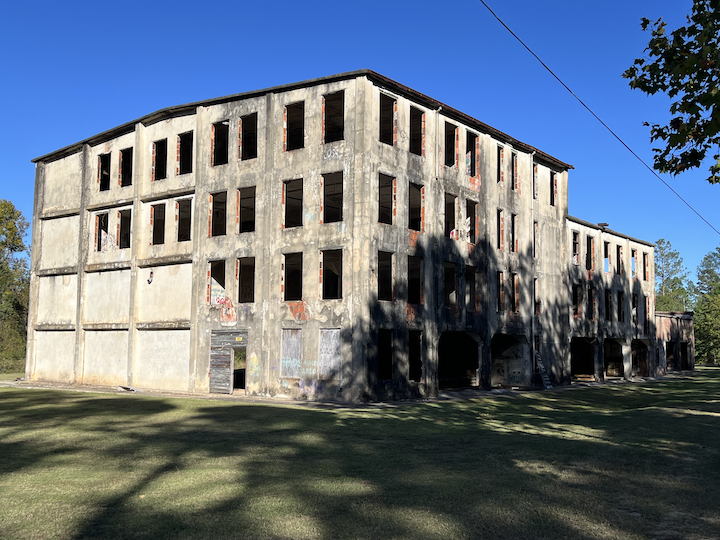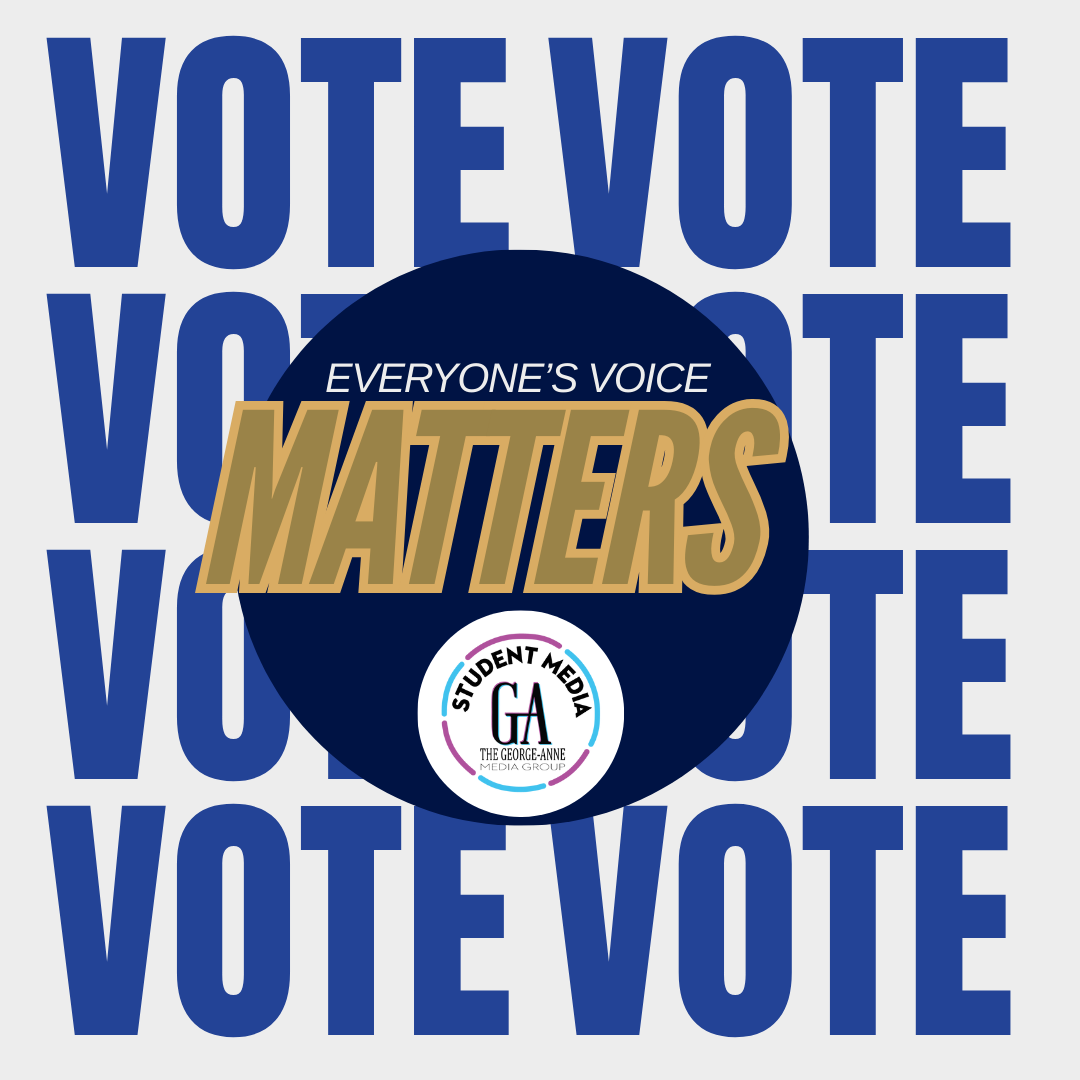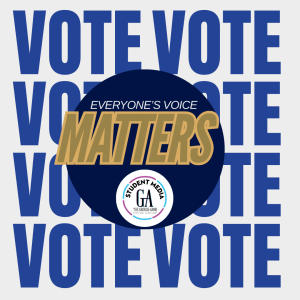Know Your Rights: freedom of speech
April 7, 2015
What is freedom of speech?
The First Amendment of the U.S. Constitution guarantees Americans freedom of speech, stating that Congress should not make any law “abridging the freedom of speech.”
The Supreme Court has expanded the term “speech” to refer to not only actual physical speech but symbolic actions as well, according to the U.S. Courts official website. Symbolic action is also referred to as freedom of expression.
In short, this means that the First Amendment protects Americans from government interference due to speech that is unpopular. For example, the Supreme Court ruled in 1990 that burning the American flag in protest is protected under free speech, as well “to use offensive words and phrases to convey political messages,” according to the official website of the U.S. Courts.
According to the American Civil Liberties Union, “The First Amendment prohibits restrictions based on the content of speech.”
In short, it means that with a few exceptions, Americans have the right to say or write whatever they want.
What are the limits?
Freedom of speech is not without limits. According to the U.S. Courts website, the Supreme Court has ruled that Americans do not have the right to use speech “to incite actions that would harm others,” “to make or distribute obscene materials” and “to burn draft cards in protest.”
Also, publishing or publicly making false statements that could harm an individual’s reputation could result in that person being sued for defamation.
The Supreme Court has also ruled that certain government-owned public areas that are traditionally used for public discourse are public forums and as such must be open to all forms of protected speech. Streets, sidewalks and parks are the three main public forums in the United States.
However, according to the First Amendment Center, government officials are allowed to limit the “time, place and manner” of free expression as long as the limits are “reasonable and nondiscriminatory.”








